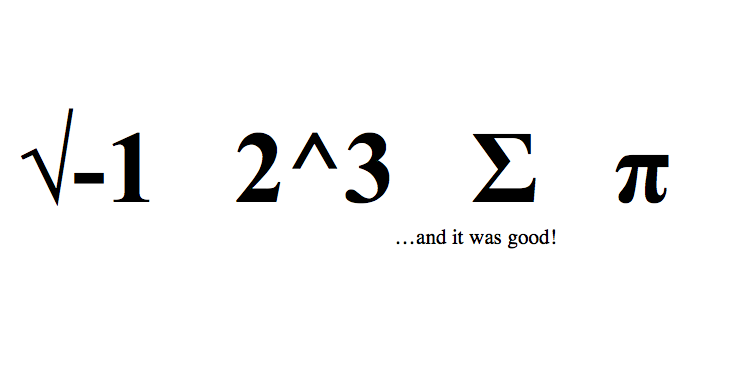Math Team: 99 Problems but Winning Ain’t One
Most of EPHS is aware that we have a highly successful math team, whether they’ve heard it announced by Conn over the loudspeaker or have seen evidence of their championships in the Math Resource Center. Just how successful they have been at the section level, however, is less known. “The past 16 years we’ve gotten first place,” said Jingjing Zhu, a senior captain for the team. “But that’s really only because Mr. Kingsbury’s records only go back that far, so we could’ve done even more, we just don’t know.” Such a long winning streak has become almost habit for the team. “It’s kind of a tradition now,” said Ken Han, a junior captain.
In addition to the multitude of team successes, there are also individual accomplishments, as 6 members of the team currently rank in the top 50 in state.
The team is eager to expand their sections success to the State tournament. “It’s actually rather frustrating, since we’ve always gotten fourth place by one point at the state tournament for the past three years,” said Zhu. Wayzata is a big source of competition, typically being a dominant force in the state. “We’re hoping to get first this year. We’ve never really broken top 4, but high expectations, you know,” said Han.
The team consists of roughly 50 people, and they practice every Monday after school. “At practices, we’ll hand out individual worksheets and time it as if it were a meet, so people get an idea of what the topics are,” Zhu said. “If we have more time, like three practices before the next meet, we’ll do more group work and work together. Sometimes we make random groups and have mini-competitions.” The team is sure to provide food at every practice.
At competitions, individuals compete in four categories, which usually focus on algebra, geometry, trigonometry, and pre-calc. 8 people’s scores count towards the school’s score, although the entire team travels to and competes in every meet. It’s not all numbers and equations, though. “It’s like 80 percent down time, socializing, eating food, talking to your friends, and then maybe 20 percent actually doing math,” Zhu said.
When asked what advice they would give to younger students considering joining math team, Han said, “You don’t really have to be good at math to be on math team,” although Zhu added, “You do have to like math, just a little bit, to enjoy it.”



